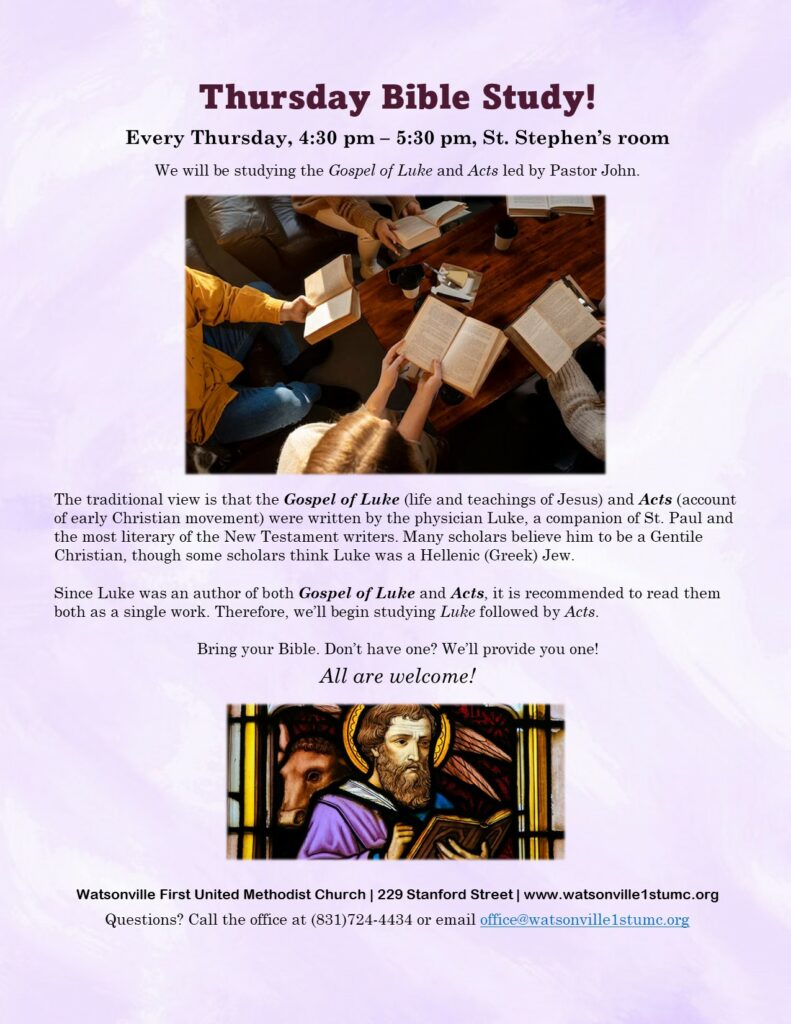Cicada shedding exoskeleton
Dear Friends,
Spring is upon us. Finally.
Destruction Before Creation
The late Joseph Campbell, the 20th century American scholar on comparative mythology and comparative religion once said, “Destruction before creation,” reminding us that the first thing that happens when we take a bold stand for a bright future is a loss of your former life. The toppling of the existing structures of your life to make way for the new ones God is calling in.
Yet if you’re not careful, you can see this as a time to hold on tight. To do all you can to keep that which is now being taken. You’ll forget you wished for a breakthrough.
And you’ll do things like go back into an uninspired, mediocre life, start clinging to a compromise, or resign yourself to settling for less rather than risk losing your livelihood. Like Lot’s wife, in doing so, you’ll turn into a pillar of salt. Crystallizing into a shadow of who you came here to be, and what you came here to create.
To realize a breakthrough
you’ll have to trust God and let God.
Letting go of who you’ve known yourself to be
for the possibility of who you might become.
Letting go of the life you’ve known
for the life you are calling in.
You can’t build a mansion on top of a shack.
You have to let the bulldozers level it flat.
Dismantle the bricks. Empty the land.
Trust that the blueprints God hold in God’s hands will one day be your dream house.
Life is always in an ebb and flow. The tide comes in and the tide goes out. The sun rises and the sun sets. Spring appears only to be swallowed by Summer which is swallowed by Fall which is swallowed by Winter.
The Winter never cries out, Why is life abandoning me? when snow melts. Be like this. Let yourself melt gracefully when a new season is upon you.
In Christ,
John





